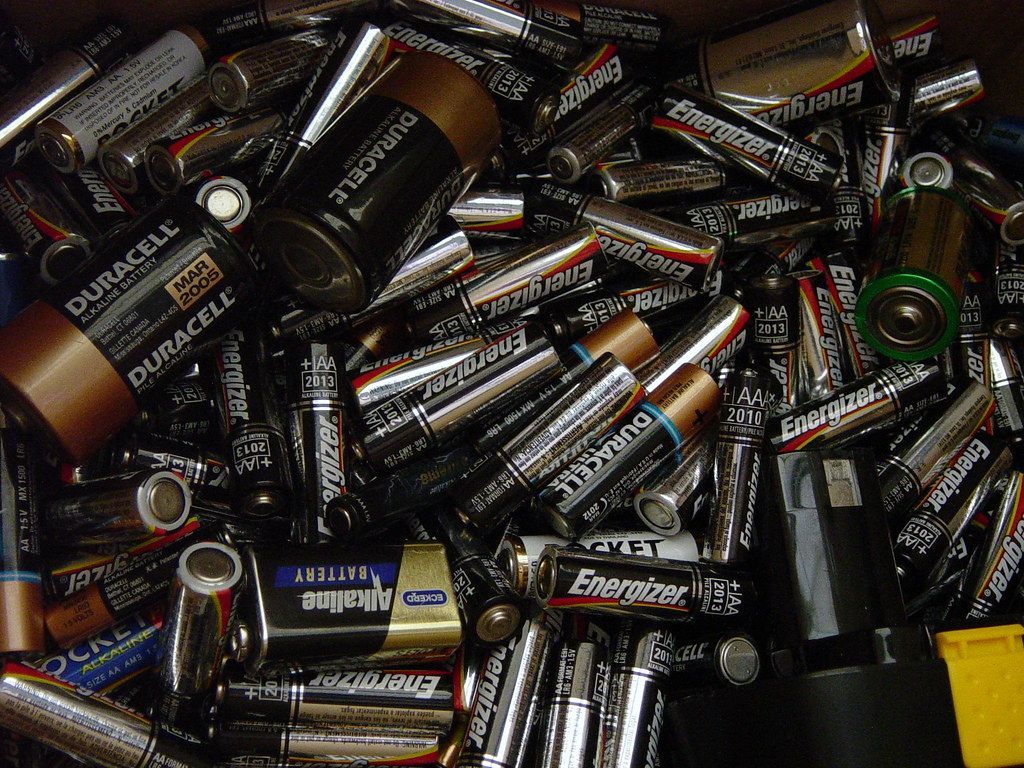
🏭 New technology can reduce the need for minerals by 58 percent
With smarter manufacturing methods and better recycling, we can drastically reduce the need for minerals needed for the production of batteries, among other things.
Share this story!
Minerals and metals such as nickel, lithium, and rare earth minerals are necessary to build batteries and other things that we need for the transition to a fossil-free society. This means that we will need much more of these materials in the future and the question is how we will deal with this increased demand.
An alternative is to start mining on the seabed where there are untapped resources. However, it has clear disadvantages, WWF points out in a new report.
"Proponents of deep-sea mining try to use society's concern about the climate crisis as a justification that we must mine minerals from the bottom of the deep sea. With the report, we present a data-based counterargument. We must quickly switch to renewable energy, but not at the expense of large, untouched deep-sea ecosystems with rich biological diversity that are also important carbon sinks" says Gustaf Lind, Secretary General of WWF, in a press release.
Instead, WWF believes that the increased need can be handled by partly getting better at reducing resource consumption, and partly by increasing the use of circular models and recycling.
In the report, WWF has calculated that we can reduce the need for all critical minerals by 30 percent by using new technologies for renewable energy. With circular models and recycling, we can then reduce demand by a further 28 percent.
"The report shows that strategies based on circularity and innovation are highly relevant alternatives to deep-sea mining. We need to learn from past mistakes from when we have exploited nature, instead of starting something that risks further major negative effects for the environment and people. It is through healthy oceans that we will get economic, social, and cultural benefits in the future" says Tom Arnbom, nature conservation expert at WWF.


By becoming a premium supporter, you help in the creation and sharing of fact-based optimistic news all over the world.



